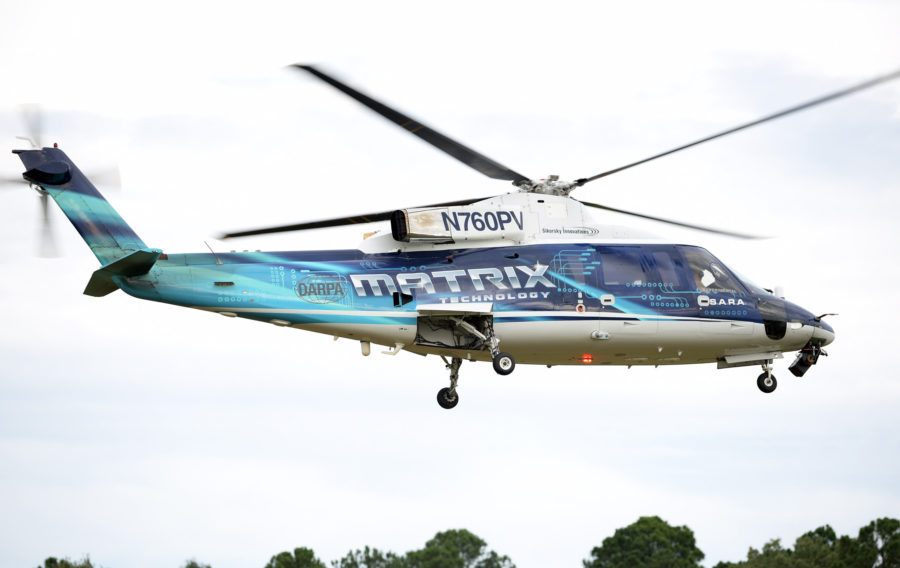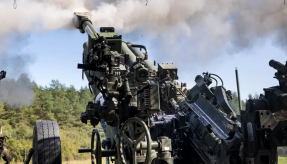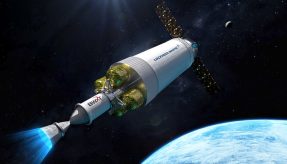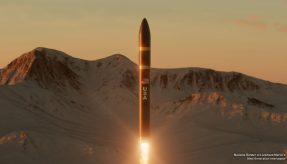
US Army pilots have put an optionally-piloted vehicle (OPV) through its paces to demonstrate the autonomous technologies currently in-development at Sikorsky and the Defense Advanced Research Projects Agency (DARPA).
This is the first time non-Sikorsky pilots have operated the Sikorsky Autonomy Research Aircraft (SARA), a modified S-76B commercial helicopter, as an OPV. According to Chris Van Buiten, Vice President of Sikorsky Innovations: “Future vertical lift aircraft will require robust autonomous and optimally-piloted systems to complete missions and improve safety.
“We could not be more thrilled to welcome army aviators to the cockpit to experience first-hand the reliability of optimally-piloted technology developed by the innovative engineers at Sikorsky and DARPA. These aviators experienced the same technology that we are installing and testing on a Black Hawk that will take its first flight over the next several months.”
With over 300 hours of successful autonomous flight, SARA has demonstrated many of the advanced capabilities developed as part of the third phase of the DARPA Aircrew Labor In-Cockpit Automation System (ALIAS) programme. At various points the aircraft has been operated by pilots on board and pilots on the ground.
This recent Mission Software Flight Demonstration saw a collaboration between the US Army’s Aviation Development Directorate, Sikorsky and DARPA. The Army and DARPA are working with Sikorsky to improve and expand ALIAS’ capabilities as a customisable autonomy kit for installation in both fixed wing airplanes and helicopters.
In the next few months, Sikorsky will for the first time fly a Black Hawk equipped with ALIAS. The company is working closely with the Federal Aviation Administration to certify ALIAS/MATRIX technology so that it will be available to all current and future military aircraft.
“We’re demonstrating a certifiable autonomy solution that is going to drastically change the way pilots fly,” said Mark Ward, Sikorsky Chief Pilot. “We’re confident that MATRIX Technology will allow pilots to focus on their missions. This technology will ultimately decrease instances of the number one cause of helicopter crashes; controlled flight into terrain.”
If you would like to join our community and read more articles like this then please click here.







